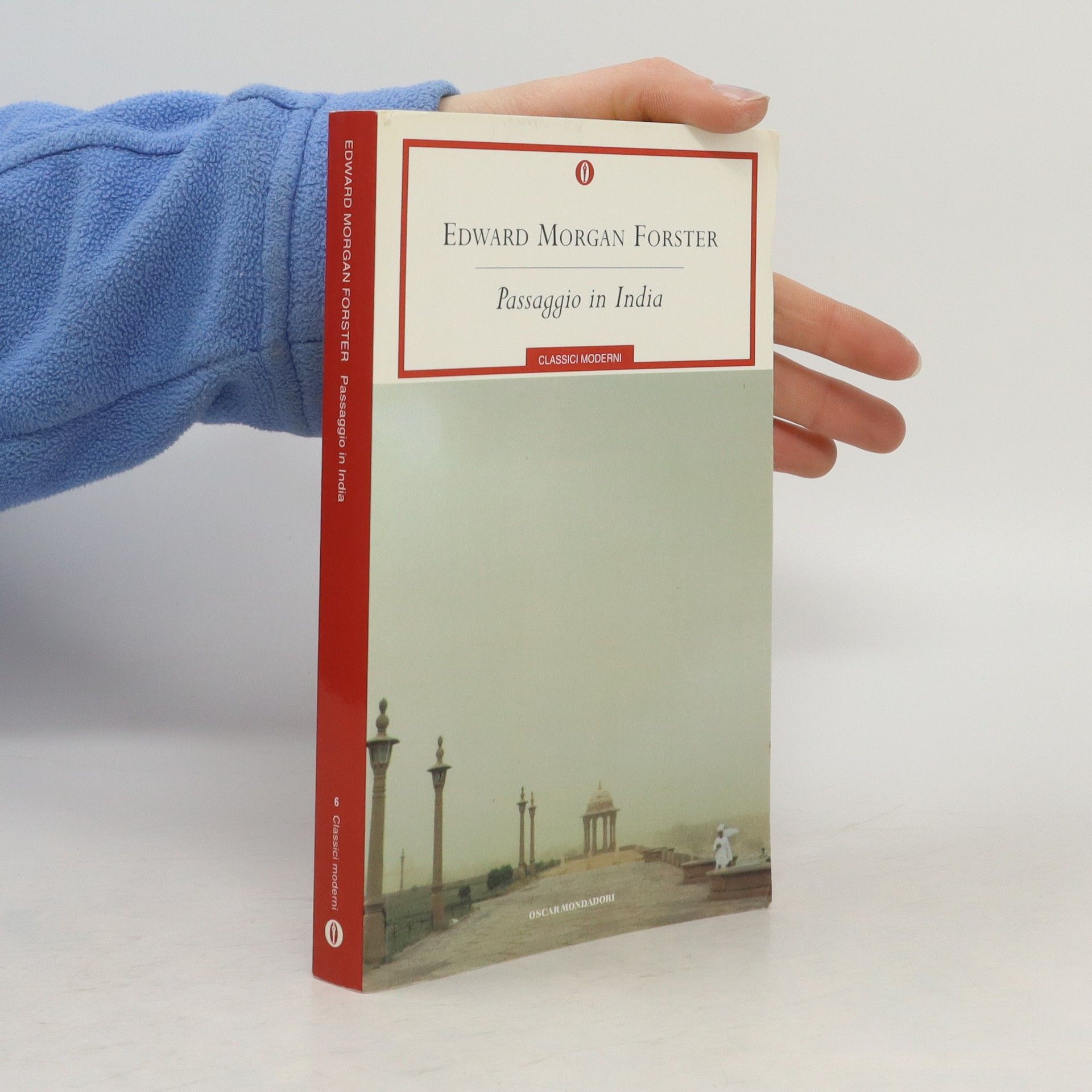Foolosophy? Think Again, Sophie: Ten Reasons for Not Taking Philosophy Too Seriously
- 180pagine
- 7 ore di lettura
We all engage in philosophy at times, thinking deeply and concentratively, though we don’t label ourselves as Philosophers—doing so would seem pretentious. Philosophers, typically found in university departments, explore fundamental questions about reality, knowledge, and ethics. Despite their efforts over two and a half millennia, they have yet to arrive at universally accepted answers that are more useful or certain than those proposed by non-Philosophers. Many remain influenced by theological thought, and most are chasing a lost cause, except for those whose work aligns with other fields of inquiry. This raises the question: is there anything particularly special about Philosophy? Dr. Swatridge, who studied Theology and Philosophy at the University of Nottingham, has been a visiting lecturer in critical thinking and argumentation at various universities in Hungary, Poland, and Romania since 1998. He has a longstanding affiliation with Miskolc University in North-Eastern Hungary, where he teaches in the Faculty of Arts and Humanities. His previous works include a guide on effective argument and critical thinking, as well as titles exploring themes in Transylvania and the nature of perspective.




